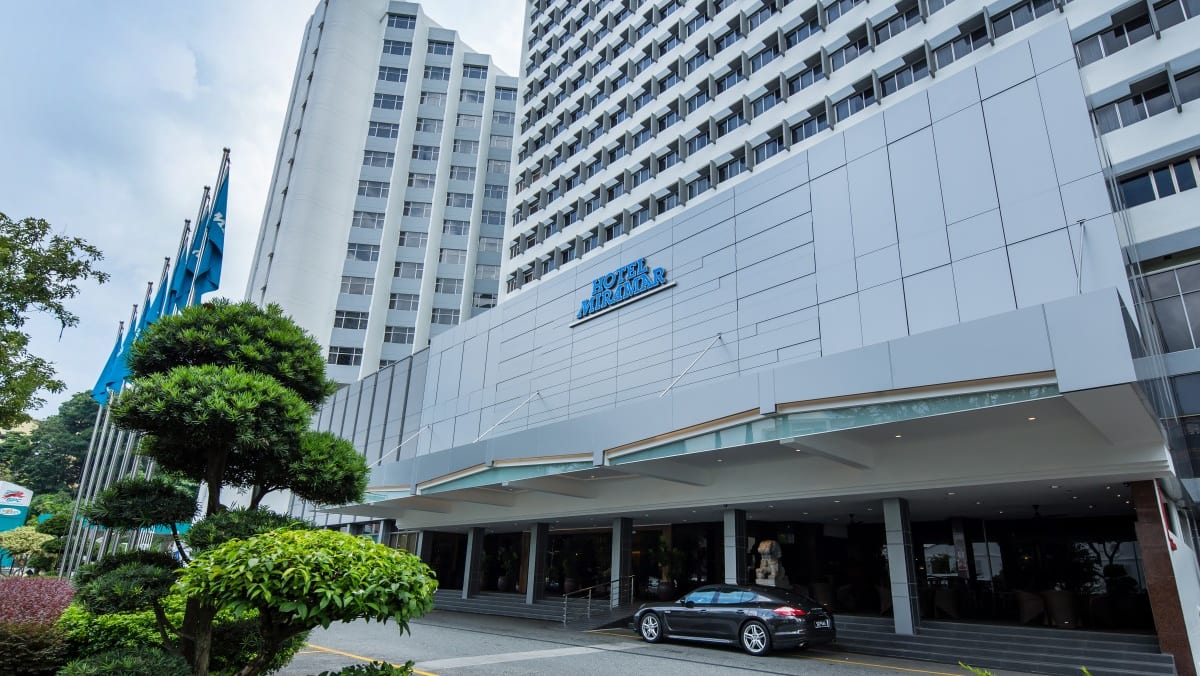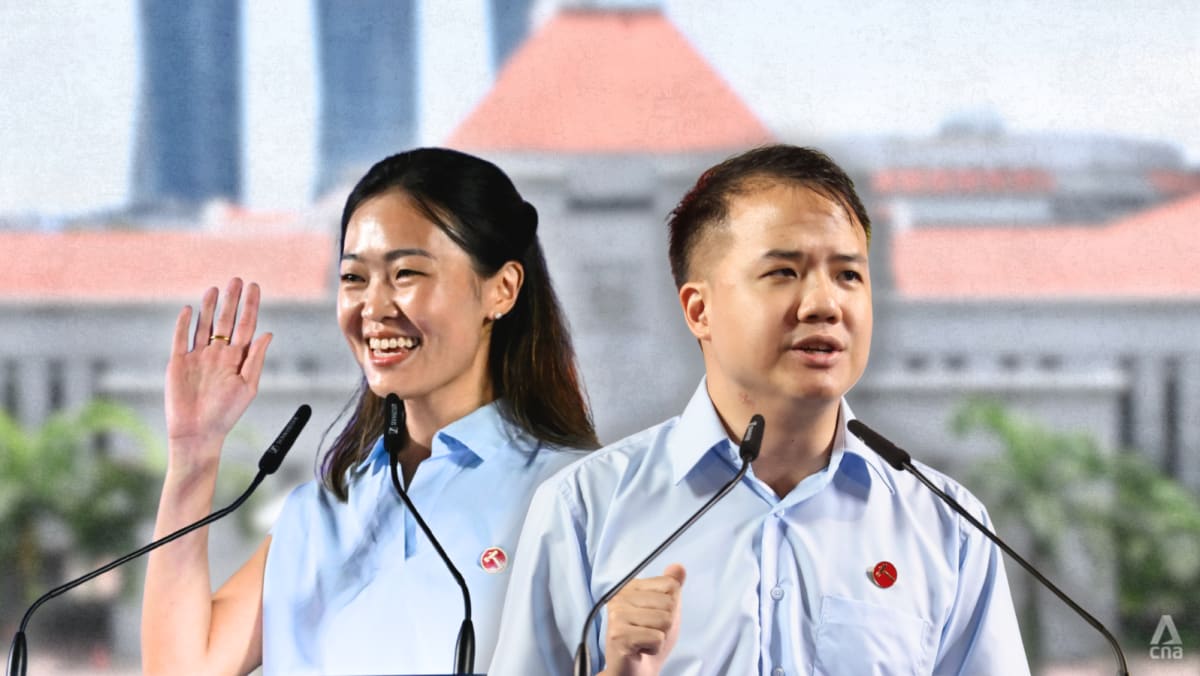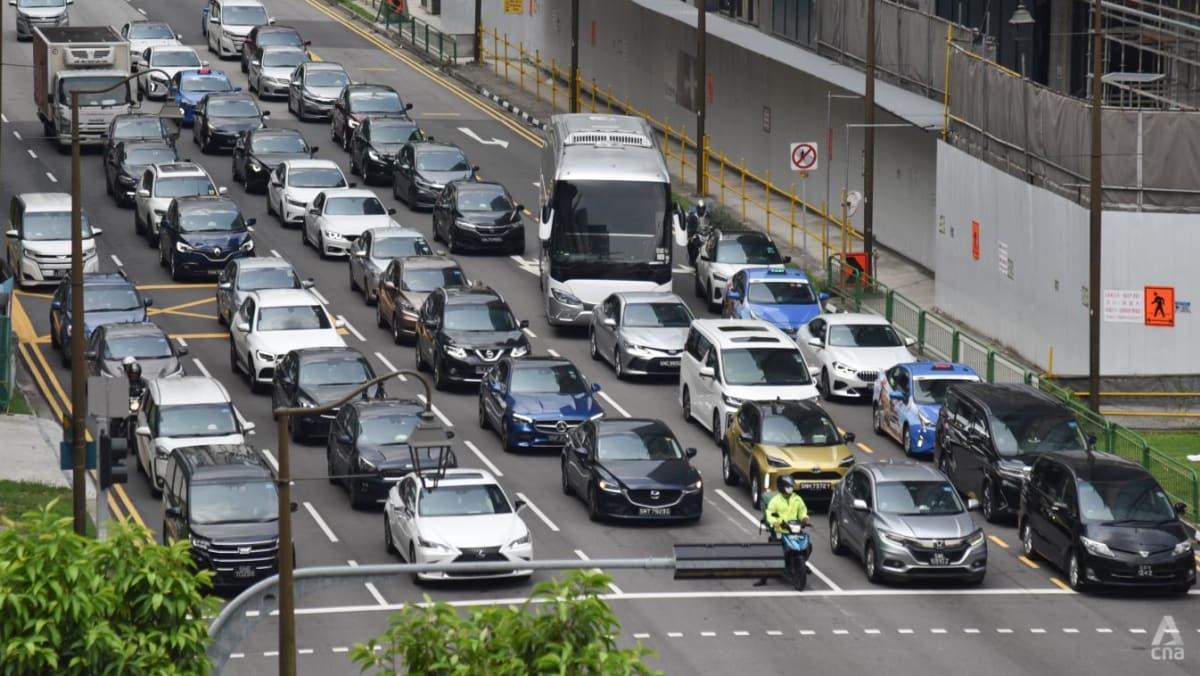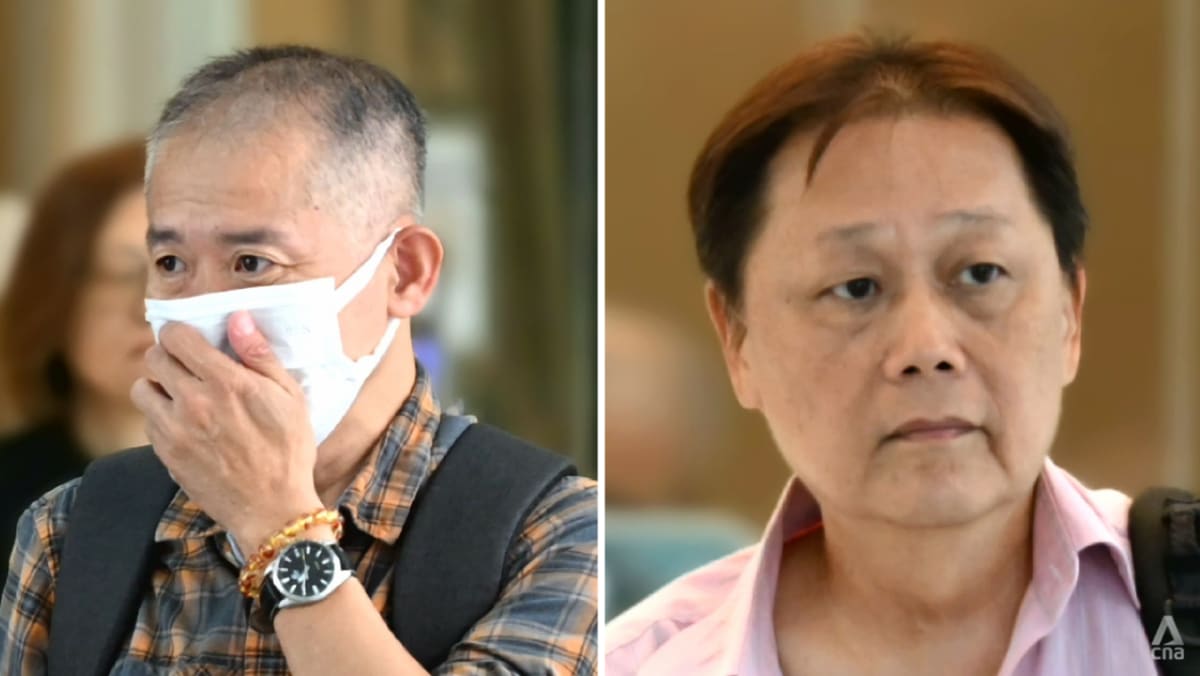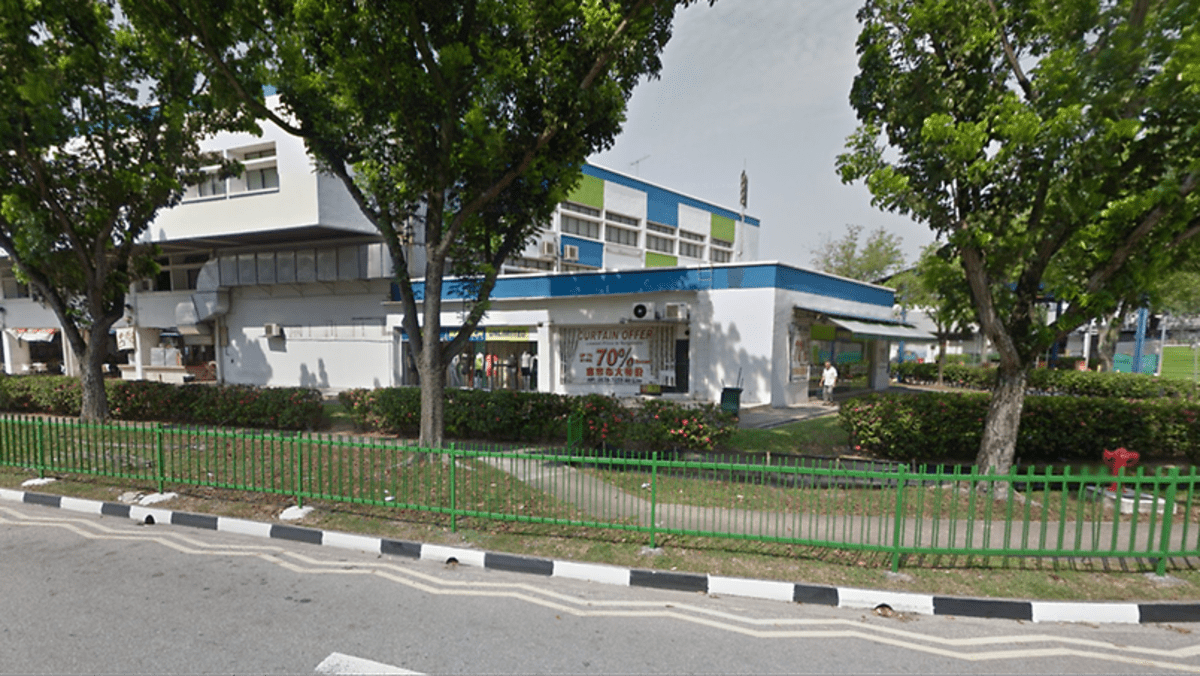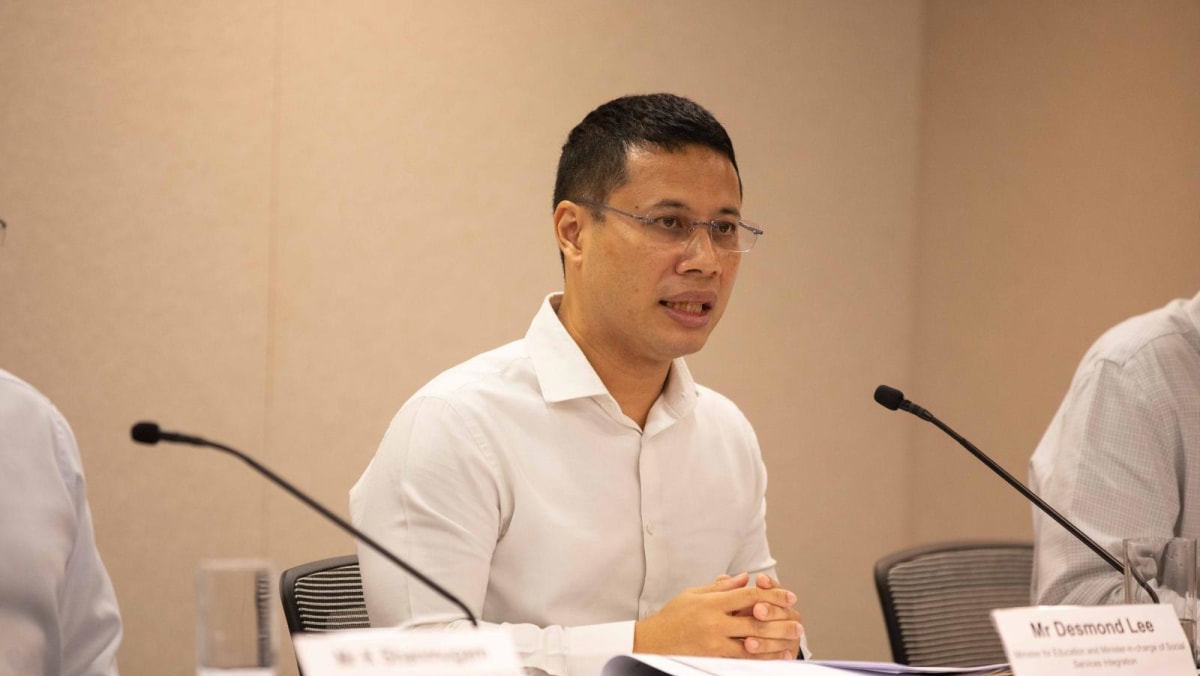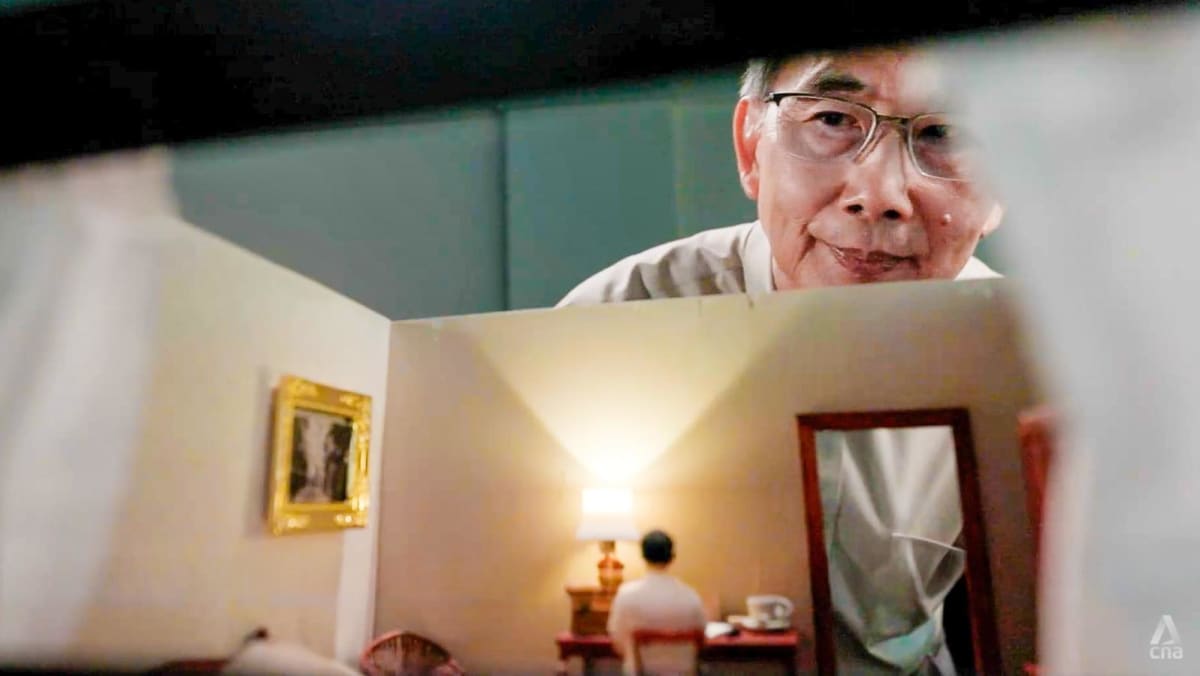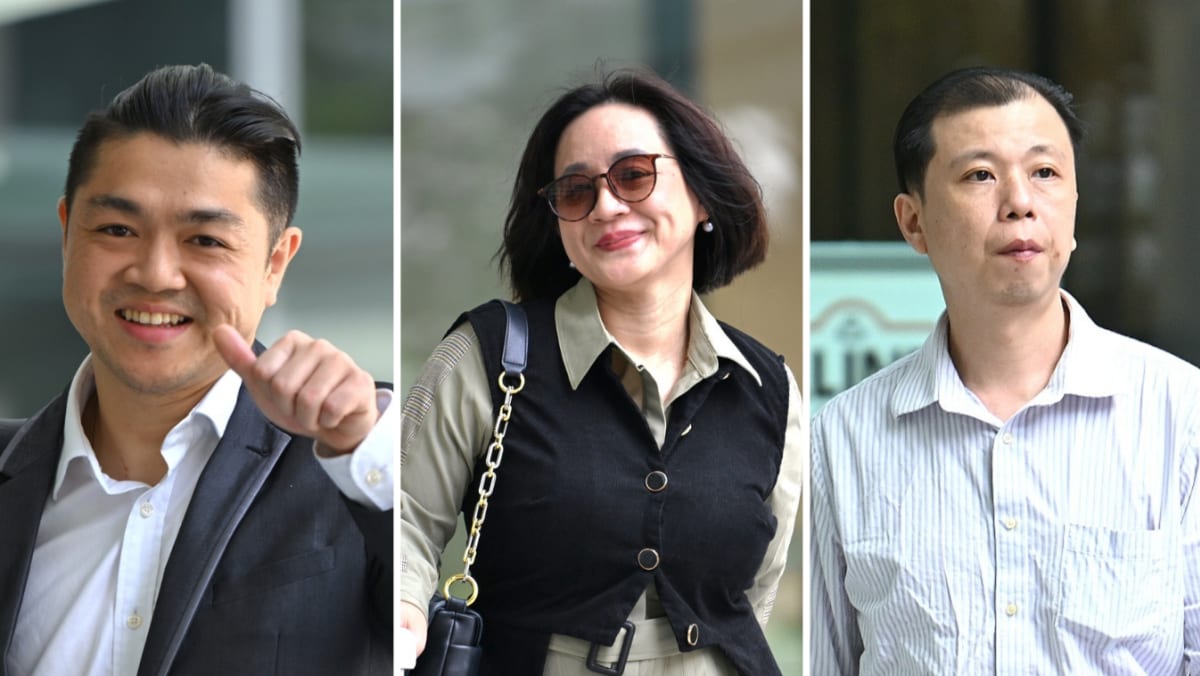SINGAPORE: When parliament sits next week, the Workers’ Party’s (WP) two incoming Non-Constituency Members of Parliament (NCMPs) will take their seats alongside the party’s 10 elected MPs – but their role is expected to go well beyond filling opposition benches.
The selection of Mr Andre Low and Ms Eileen Chong reflects the WP’s renewal strategy, with both seen as potential future leaders being groomed for bigger responsibilities – a route past NCMPs from the party have taken with some success.
The pair are “not merely stopgap NCMPs”, said Mr Malminderjit Singh, managing director of political consultancy Terra Corporate Affairs. “They’re key players in the party’s next chapter and part of its succession planning.”
Both Mr Low, 34, and Ms Chong, 33, were swiftly co-opted into the party’s Central Executive Committee following the May General Election. Mr Low was appointed deputy head of the WP’s media team, while Ms Chong was named president of the youth wing – roles seen as significant for party positioning and public engagement.
Mr Low had narrowly lost to the People’s Action Party’s (PAP) Mr Ng Chee Meng in Jalan Kayu SMC, while Ms Chong’s WP team was edged out by the ruling party in Tampines GRC.
The Workers’ Party declined CNA’s requests to interview Mr Low and Ms Chong for this article.
STEPPING STONES TO ELECTED OFFICE
While the WP has publicly opposed the NCMP scheme, former chief Low Thia Khiang has said the party does not stop members from taking up the role.
“We do not oppose individual members who are willing to sacrifice their time and energy to contribute to the national debate in parliament,” Mr Low said during a parliamentary sitting in January 2016.
He also said WP believes that the NCMP scheme is “not the way forward to make our political system more robust”.
While campaigning during the 2020 General Election, current WP chief Pritam Singh also made clear the party’s stance.
“There’s a long history of the position that the Workers’ Party has taken on the NCMP scheme,” he said. “That stand hasn’t changed.”
Historically, the party has used the scheme as a political proving ground. Of the 14 NCMPs since the scheme was introduced in 1984, the WP has been most effective in transitioning them to elected MPs – four of its eight NCMPs have made the leap in subsequent elections.
The most notable examples include current WP chairman Sylvia Lim and former Aljunied GRC MP Leon Perera, both of whom credited their NCMP stints for giving them a critical foundation in legislative work and public engagement.
Terra Corporate Affairs’ Mr Singh said Ms Lim’s NCMP term from 2006 to 2011 allowed her to champion issues such as hospital means-testing and GST, gaining media attention and public recognition.
“Her articulate and consistent advocacy helped boost her reputation as a credible opposition voice, ultimately contributing to her successful bid as an elected MP in Aljunied GRC in 2011,” he added.
Similarly, Mr Gerald Giam, now head of WP’s policy research team, used his NCMP term from 2011 to 2015 to deepen his understanding of legislative processes before being elected in 2020.
Mr Perera, who served as NCMP from 2015 to 2020 before winning in Aljunied GRC, told CNA that the experience helped him understand parliamentary procedures and also allowed him to engage political office holders directly on important issues.
“My experience serving on parliamentary committees – the Public Accounts Committee and the committee to select NMPs (Nominated MPs) – was an eye-opener as to the inner workings of the state,” he added.
Still, Mr Perera cautioned that parliamentary performance alone is not enough: “You need to convince voters that your work in parliament outweighs the ground presence of your PAP opponent.”
